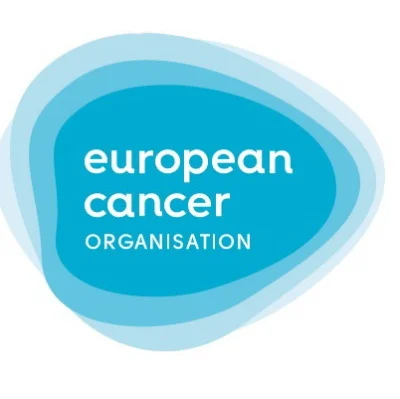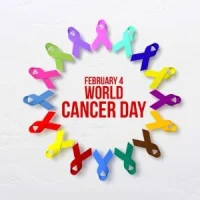On 23 September, the European Cancer Organisation has launched The European Code of Cancer Practice (The Code), a new initiative outlining the principles of interaction between cancer patients in Europe and their health systems.
You might also like:Cancer Care: What to Expect, What to Do
The aim of The Code is to empower and assist cancer patients across Europe to receive the best possible care, treatment and support. It is based on ten key rights every cancer patient has, namely:
- Equal access to affordable and optimal cancer care, including the right to a second opinion.
- Information about the disease and treatment from a medical team and other reliable sources.
- Quality, expertise and outcomes. Information about the quality and safety of care, the level of expertise and the outcomes achieved for a specific type of cancer, at the treatment facility.
- Specialised multidisciplinary care. Receiving care from a specialised multidisciplinary team, ideally as part of a cancer care network.
- Shared decision-making. Participation in shared decision-making with a healthcare team about treatment and care.
- Research and innovation. Information about ongoing relevant research and the possibility to participate in research.
- Quality-of-life. Discussing with a healthcare team the priorities and preferences to achieve the best possible quality-of-life.
- Integrated supportive and palliative care. Receiving optimal supportive and palliative care.
- Survivorship and rehabilitation. Participation in creating a clear, managed and achievable plan for survivorship and rehabilitation.
- Reintegration into society and protection from cancer-related stigma and discrimination.
Each of the ten rights is linked
to three questionsthat a patient may choose to ask their
healthcare professionals. For example, for the right to shared decision-making
these are:
- May I discuss the approach that we will take in making decisions about my care and agree how my voice is heard?
- May we share decision-making so I feel empowered to decide on my care options?
- Does our cancer service encourage patient engagement, involvement and empowerment?
Furthermore, each right is supported by an explanation as well as relevant literature and evidence.
Celebrating
the launch, Stella Kyriakides, European
Commissioner for Health and Food Safety, stressed the importance of patients
and healthcare professionals’ partnership on The Code to improve cancer care
for patients in Europe. “This is an initiative that brings all together at the
same table where decisions are made,” she said.
In turn, President of the
European Cancer Organisation Dr Matti
Aapro highlighted “a complete yet simple manner,” in which The Code informs
and supports cancer patients. “This powerful new tool sets out the core
requirements for excellence in clinical cancer practice to improve outcomes for
all cancer patients in Europe,” he concluded.
More information on the European Code of Cancer Practice can be found here.
About the European Cancer Organisation
The European Cancer
Organisation aims to reduce the burden of cancer, improve outcomes and the
quality of care for cancer patients, through multidisciplinarity and
multiprofessionalism. As the not-for-profit federation of member organisations
working in cancer at a European level, the European Cancer Organisation
convenes oncology professionals and patients to agree policy, advocate for
positive change and speak up for the European cancer community.
Source: European Cancer Organisation


![Tuberculosis Diagnostics: The Promise of [18F]FDT PET Imaging Tuberculosis Diagnostics: The Promise of [18F]FDT PET Imaging](https://res.cloudinary.com/healthmanagement-org/image/upload/c_thumb,f_auto,fl_lossy,h_184,q_90,w_500/v1721132076/cw/00127782_cw_image_wi_88cc5f34b1423cec414436d2748b40ce.webp)




